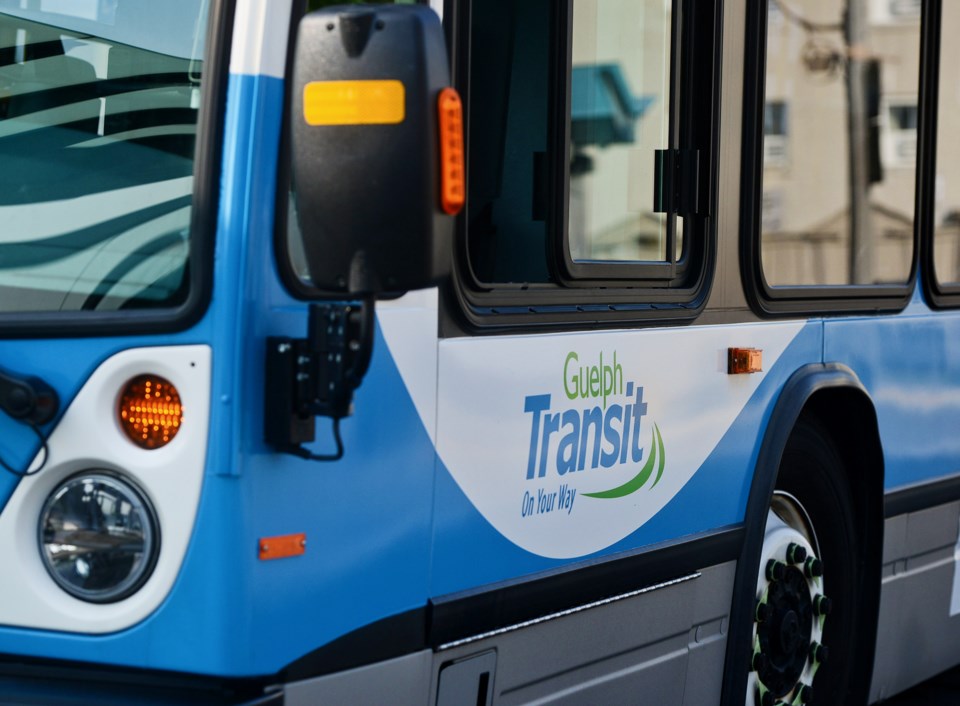By offering an on-demand, ride-share style service dubbed “microtransit,” Guelph Transit could cut costs by hundreds of thousands of dollars and increase ridership, states a city staff report.
Released on Friday, the report provides “alternative service delivery models” for council to consider regarding low-volume routes and new or under-serviced areas.
“Microtransit fits somewhere between private individual transportation, such as taxis, rideshare platform, and conventional public transit on a fixed route,” the report explains. “Microtransit will allow Guelph Transit to offer riders an on-demand option that is more flexible than the conventional or specialized transit models currently available in the city of Guelph.”
Route 19, in the Hanlon Creek Business Park, is cited in the report as an example of where microtransit could be used. That route was approved for expansion last November and was expected to be implemented a couple of months ago, but that was delayed due to the pandemic.
The route expansion was approved at a cost of $914,414 annually but with microtransit that could come down by $219,210, states the report.
“When microtransit is used in underperforming, low volume, off peak, or holiday service, operational costs are reduced as vehicles are not constantly driving around the city,” it said. “Public transit is evolving rapidly, and microtransit can offer more efficient and flexible service to all citizens of the city of Guelph.”
If council opts to go with microtransit, here’s how the report suggests it work:
-
People book a ride using an app, website or through a call centre
-
Customers could request pickup anywhere within a designated service area either using a “virtual stop” or an existing traditional bus route stop
-
Customers could receive text messages to let them know when the vehicle is on route and when it has arrived.
-
Guelph Transit would dispatch a conventional, specialized or dedicated microtransit vehicle.
This, the report notes, would allow Guelph Transit to “maximize the use of its fleet” and “reduce road congestion in some areas.”
Other benefits cited include increased ridership – those who may not have otherwise used Guelph Transit may take advantage of a microtransit option – provide potential for coverage in unserviced areas and accommodate riders whose schedules don’t align with current bus times.
On the operator side, the software that allows for microtransit to be used provides driver navigation that would ensure “the shortest distance between pickups and drop-offs.”
The report makes no formal recommendation to council. If council members wish to go this route, staff suggest it be brought up as part of the 2021 budget discussions.
“As the City of Guelph navigates the future, microtransit will become more mainstream, especially in some areas that do not need dedicated fixed route service,” the report adds. “This benefits transit riders as it provides flexibility to allow them to manage their own transportation when needed.”
